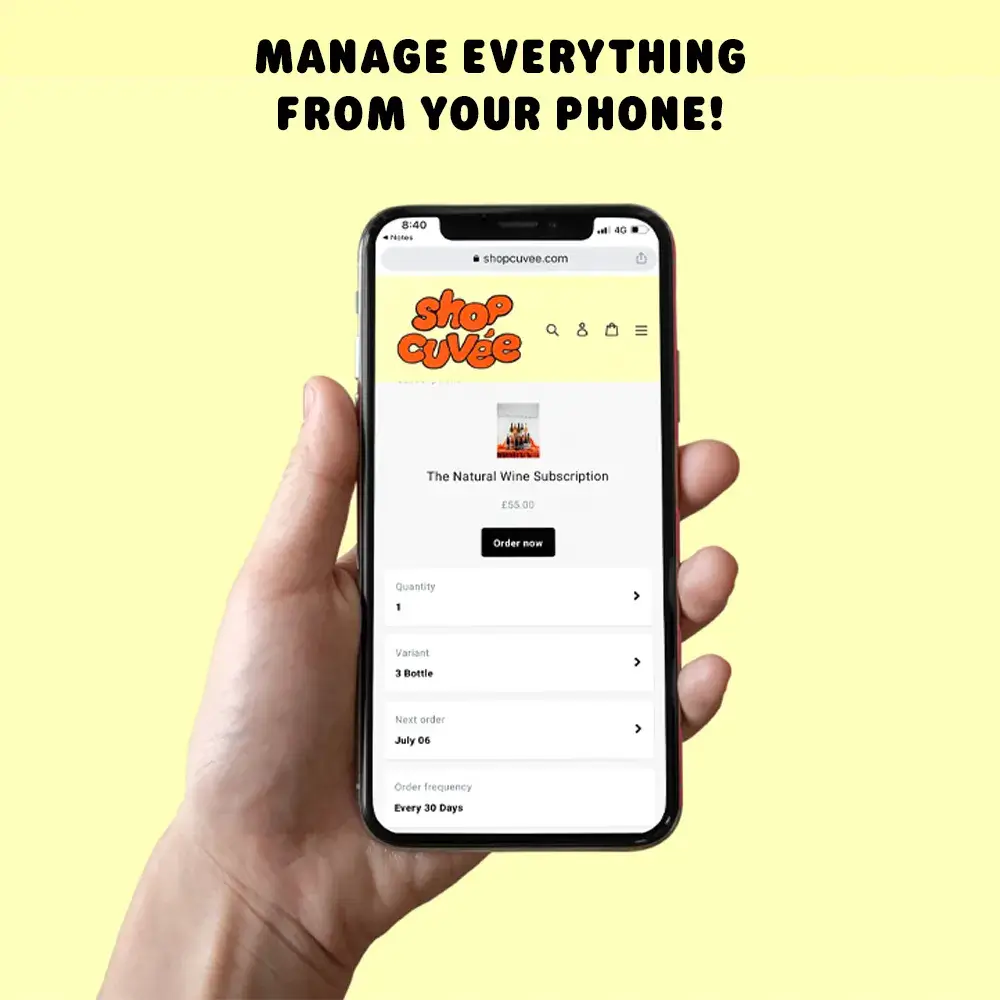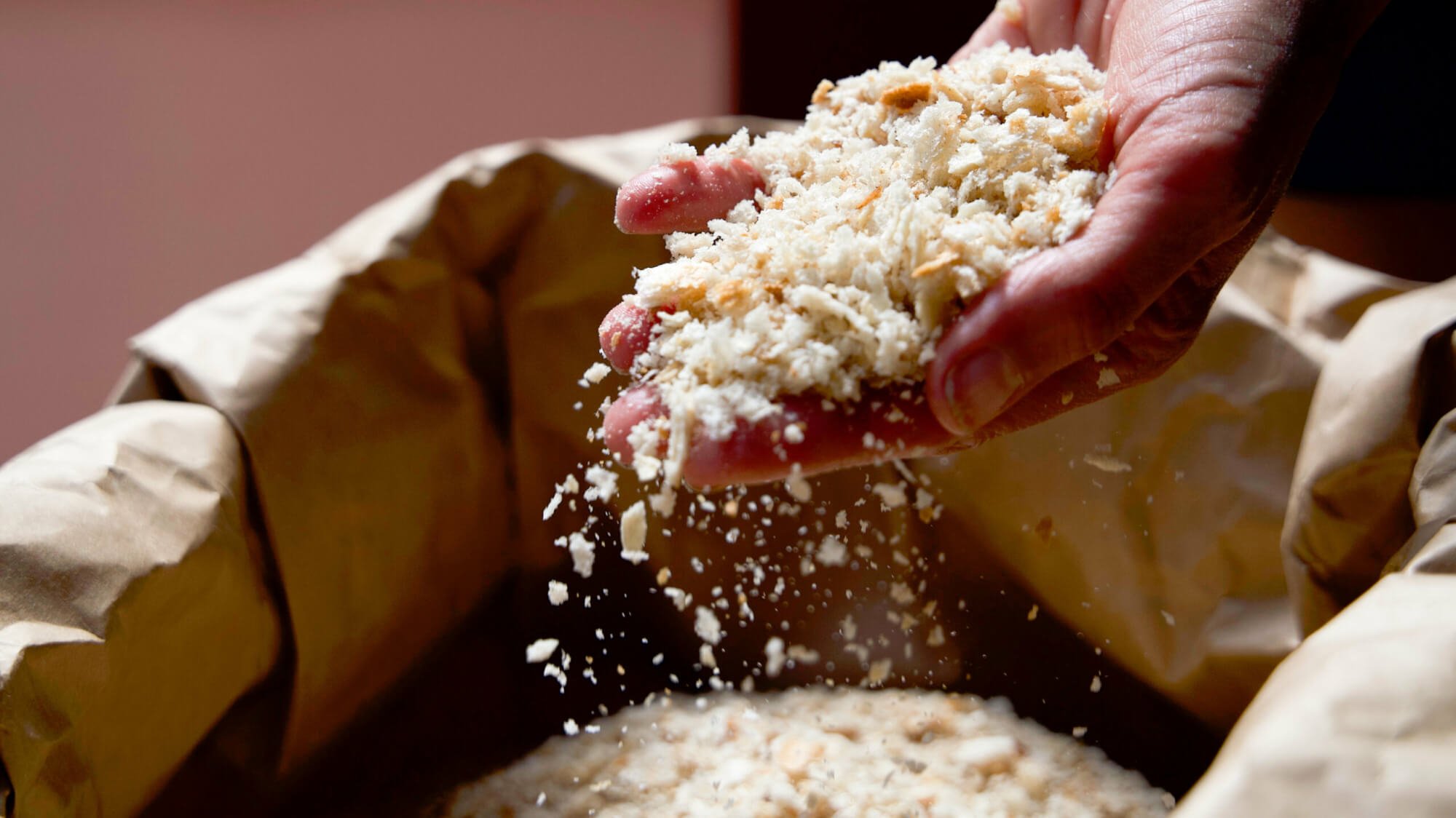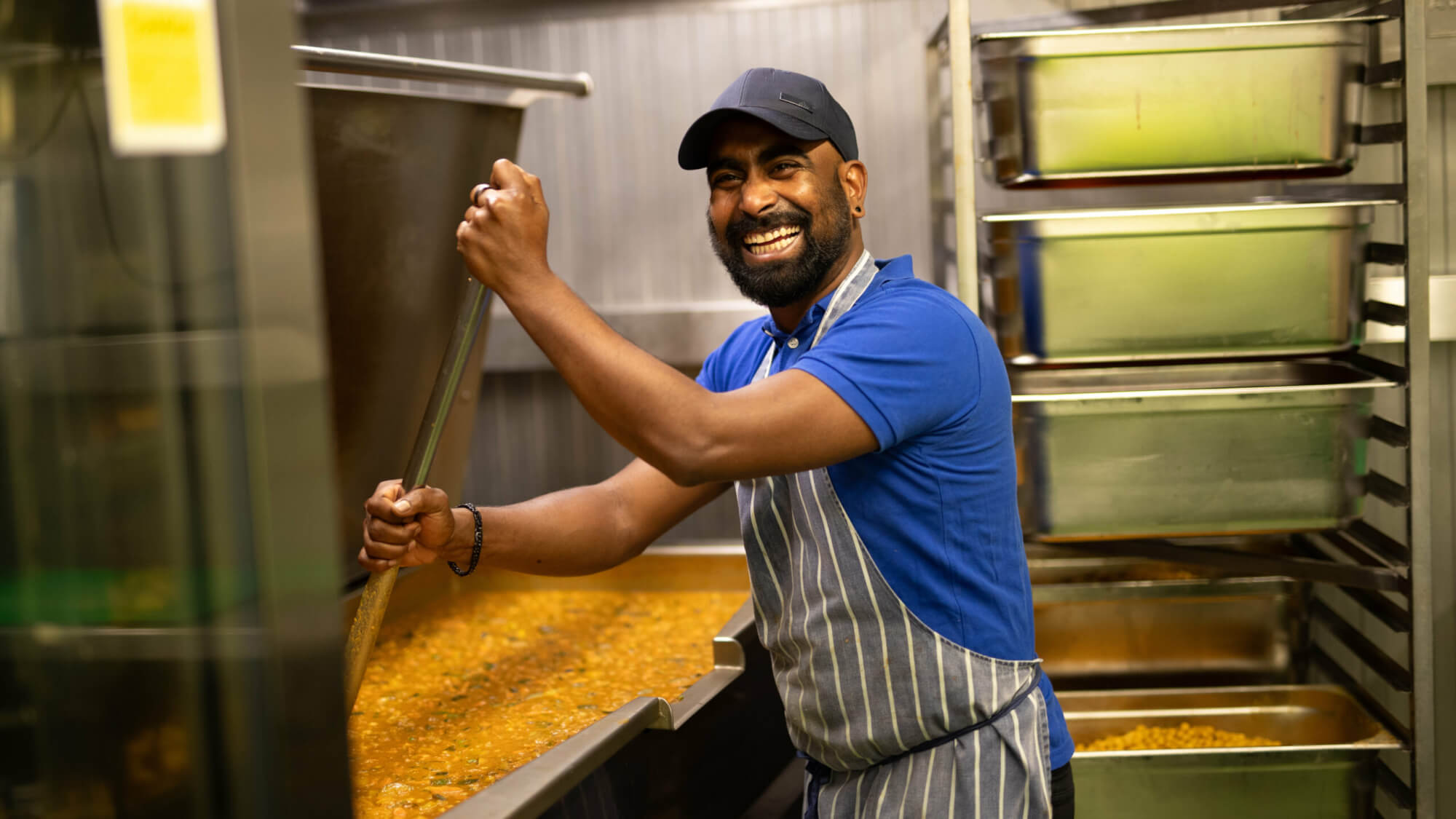Circular Booster
Support given:
Amplify
Top Cuveé, an Islington-based local wine shop, wanted to reduce the use of single-use wine bottles throughout the borough by making refillable wine more accessible to residents. Having piloted B2C refills, they wanted to expand to B2B, helping other Islington businesses offer a refill option.
ReLondon awarded the business a grant from Islington Council and advisory support from the ERDF-funded business transformation programme to trial a new refill offering for corner shops, cafes, and restaurants. In 6 months, the business was able to lay the foundation for their B2B refill offering. By testing refill equipment and processes in their own restaurant they generated £29k in sales of refillable wine and avoided the use of more than 1,000 wine bottles. They now have a prototype offer in the form of mulled wine in reusable containers and plan to introduce refill stations in businesses across the borough.What was the challenge?
Top Cuvée is a local wine shop specialising in wines made without intensive agriculture and pesticides, with a focus on same day delivery throughout the borough of Islington and beyond. They wanted to introduce circular principles to their business and started offering their house wine directly from the keg in reusable glass bottles. However, Top Cuvée realised that while this offer was well received by their customers, the return rates for empty bottles were low.
To make the model of refillable wine successful, Top Cuvée had the idea of introducing wine refill stations in partner shops to make it more accessible to customers, while building their own brand through iconic labelled reusable bottles.

What was the response?
Thanks to a grant from Islington Council and advisory support from ReLondon’s ERDF-funded business transformation programme, Top Cuvée were able to test how to reduce the disposal of wine bottles by environmentally-conscious wine enthusiasts, while offering a solution for businesses who want to sell wine but don’t have the capacity for a fully-fledged wine offer.
Once Top Cuvée started their research, they realised there were a number of hurdles to introducing refill equipment into other businesses, including getting buy-in from B2B customers, the space and logistics required, and the margins needed on kegged wine (a relatively niche product) to make the model viable.
While they searched for solutions, the business tweaked their plans. They decided to focus on increasing the reuse of bottles within their own restaurant and improve their refill set up to use more easily at their catered events.
In parallel, they spent time building connections with potential clients to seed the idea of refillable wine. They made the most of the run up to Christmas to start offering refillable mulled wine in jerrycans, which acted as an entry way into refill that requires little change to infrastructure for the client and opens the door for further discussions about the refill equipment.
“The grant helped us get started with the project, and allowed us to spend on necessities to push the project forward. We wouldn't have been able to jump into as quickly without it.”
Brodie Meah, Director, Top Cuvée
What were the outcomes?
Throughout the period of the project, Top Cuvée sold approximately £29,000 worth of wine from kegs inside their own venues, avoiding more than 1,000 single use wine bottles. As part of the project, Top Cuvée’s staff were trained to use the in-house refill system, increasing their awareness around reuse.
In the background, Top Cuvée is working hard to lay the groundwork with potential partners, so they can offer a smooth refill service that meets their clients’ needs from the start. As part of this, Top Cuvée has been engaging with businesses in the Islington area to understand how to best structure their offer.

Lessons Learned & next steps
The project has allowed Top Cuvée to gain some valuable insights about implementing a circular business model both in terms of arranging their internal operations and positioning the offer to customers.
Focusing the pilot phase on understanding their customers’ needs and challenges helped them to understand what would make their offer desirable – in this case, balancing the upfront cost of the machinery, the space needed and the logistics of cleaning.
They also found that breaking a large project into smaller steps, they can build a solid foundation for future growth. By taking advantage of the season and developing a minimum viable product in the form of mulled wine in refillable jerrycans, they were able to explore which target audience to focus on while introducing B2B customers to the refill concept and building relationships.
Having laid this groundwork and started to build connections with kegged wine suppliers, Top Cuvée’s goal is to establish refill stations in 20-25 locations within the next year, making it convenient for Islington’s residents to practice sustainable, circular behaviours when enjoying a bottle of wine.
“Advice from the ReLondon team sped up the problem-solving process and highlighted some pitfalls we may not have noticed alone. We're now successfully running a pilot programme, building an infrastructure around our new CRM system which will allow us to really nail this project one we source the right wine.”
Brodie Meah, Director, Top Cuvée
Get in touch
To learn more, get in touch with Top Cuvée at hello@topcuvee.com or visit their website.
ReLondon’s business transformation team helps small-and-medium sized businesses in London adopt the circular economy through our advisory support, grant schemes, and matchmaking services. Find out more here.







